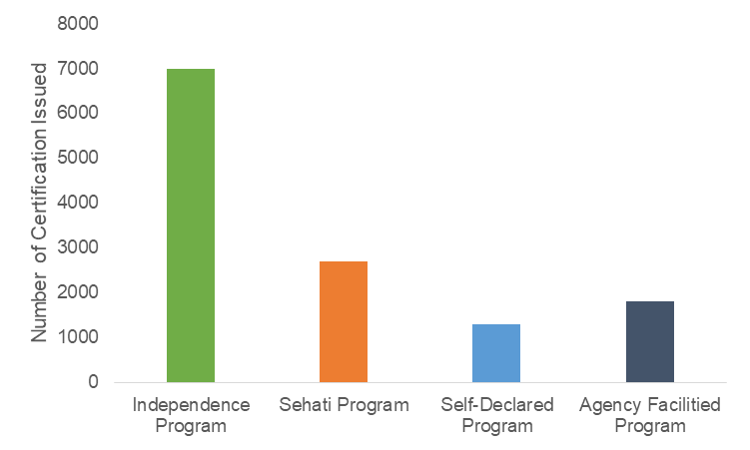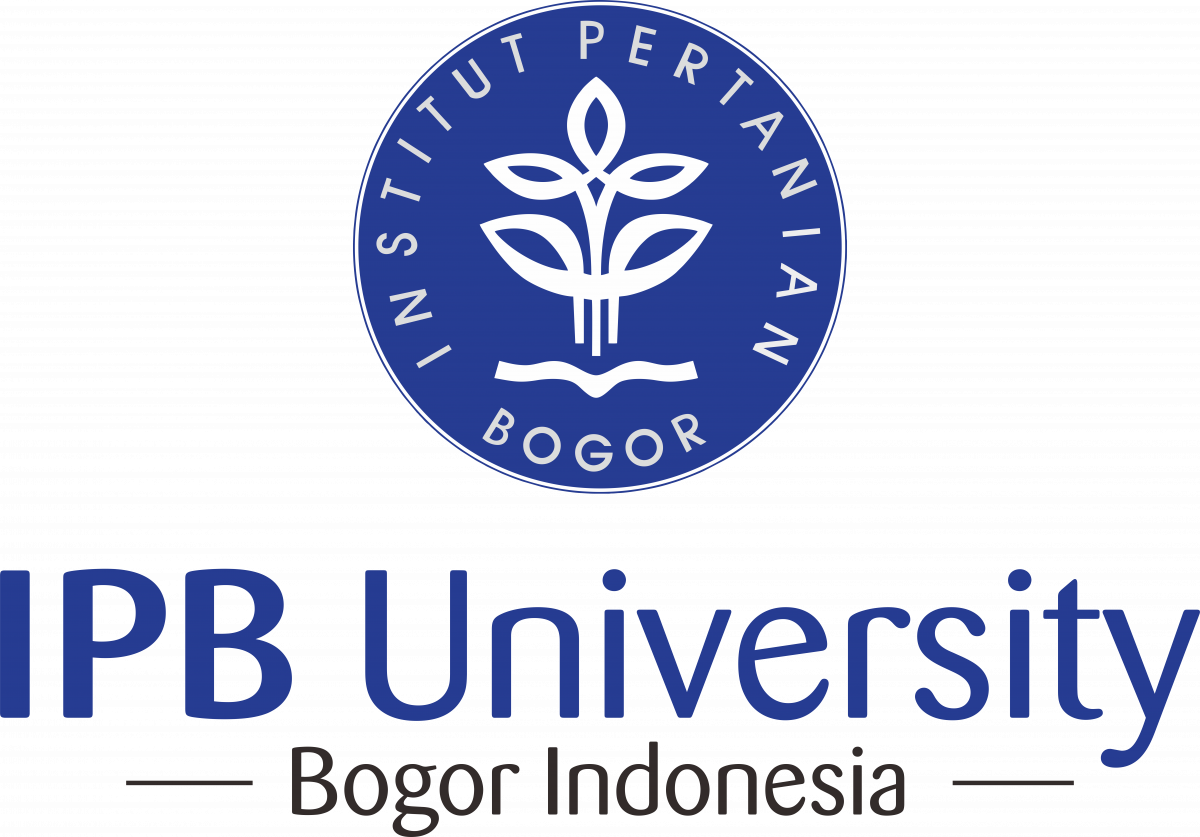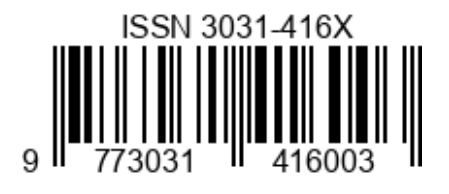Strategy to increase the number of halal self-declared certification in Indonesia
Abstract
Micro, Small, and Medium Enterprises (MSMEs) are obtaining halal certification through self-declared halal certification. The utilization has not reached the maximum potential even though this form of certification is available in Indonesia. Out of 349,834 free halal self-declared certification offered by the government, only 119,662 have been used (BPJPH 2022). Despite the benefits, there are several issues related to the implementation. Only a small percentage of MSMEs have obtained halal certification in developing a strategy to address the issue. Therefore, this research aimed to identify strengths, weaknesses, opportunities, and threats (SWOT) associated with self-declared halal certification as well as propose strategy to increase the use from a stakeholder perspective. SWOT analysis was used to evaluate the potential development strategies of self-declared stakeholders, such as Indonesian Ulema Council (MUI), Halal Product Process (PPH) Assistants, and Halal Product Guarantee Organization (BPJPH). Meanwhile, Analytic Network Process (ANP) method prioritized the four aspects and determined the best strategy for developing halal self-declaration policies. An assertive strategy providing fair information dissemination and optimizing support for PPH assistants was needed to address the issue of low self-declared certification. Based on this research, the government provided a reasonable honorarium for PPH assistants. BPJPH used AI and blockchain technologies to expedite the document collection process for MSMEs and PPH assistants. Additionally, PPH adopted more proactive and creative methods for assistance.
References
Ali K, Kassim S. Development of Waqf Forest in Indonesia: The SWOT-ANP Analysis of Bogor Waqf Forest Program by Bogor Waqf Forest Foundation. Journal of Tropical Forest Management. 2021;27(2):89-99. https://doi.org/10.7226/jtfm.27.2.89
Ascarya. Analytic Network Process (ANP): Pendekatan Baru Studi Kualitatif. Seminar Internasional Program Magister Akuntansi Fakultas Ekonomi. 2005.
Bank Indonesia. Kajian Ekonomi dan Keuangan Syariah 2022. 2022.
Bank Indonesia. Laporan Ekonomi dan Keuangan Syariah 2021. 2021.
Badan Penyelenggara Jaminan Produk Halal. Laporan Kinerja Badan Badan Penyelenggara Jaminan Produk Halal Tahun Anggaran 2022. 2022.
Badan Penyelenggara Jaminan Produk Halal. Laporan Kinerja Badan Badan Penyelenggara Jaminan Produk Halal Tahun Anggaran 2021. 2021.
Badan Penyelenggara Jaminan Produk Halal. Laporan Survei Kepuasan Masyarakat 2019. 2019.
Badan Pusat Statistik. Survei Sosial Ekonomi Nasional (Susenas) Maret 2020 dan Maret 2021. 2021.
Kasanah N, Husain M, Sajjad MHA. Potensi, Regulasi, dan Problematika Sertifikasi Halal Gratis. Journal of Economic, Law, and Humanities. 2022;1(2):28-41. https://doi.org/10.21154/jelhum.v1i2.1196
Musataklima M. Self-Declare Halal Products for Small and Micro Enterprises: Between Ease of Doing Business and Assurance of Consumer Spiritual Rights. De Jure: Jurnal Hukum Dan Syar'iah. 2021;13(1):32-52. https://doi.org/10.18860/j-fsh.v13i1.11308
Peraturan Pemerintah Pengganti Undang-Undang Nomor 2 Tahun 2022 tentang Cipta Kerja. 2022. https://doi.org/10.59066/jel.v2i3.470
Peraturan Menteri Keuangan Republik Indonesia nomor 57/pmk.05/2021 tentang tarif layanan badan layanan umum Badan Penyelenggara Jaminan Produk Halal pada Kementerian Agama. 2021.
Pratama H. Stakeholders Synergy In Accelerating MSME (UMKM) Halal Certification Through Halal Self-Declare. Jurnal Ilmiah Mahasiswa Raushan Fikr. 2022;11(2):271-287. https://doi.org/10.24090/jimrf.v11i2.6054
Puji ST. 50 Persen Produk Halal Impor Berasal dari Cina. 2011.
Royal Islamic Strategic Studies Centre. The Muslim 500: The World's 500 Most Influential Muslims 2014/15. In The Royal Islamic Strategic Studies Centre. 2023.
Rencana Pembangunan Jangka Menengah Nasional 2020-2024. [Accessed 2023 Mar 10]. Available from: https://perpustakaan.bappenas.go.id. 2020.
Saaty TL, Vargas L. Decision Making with the Analytic Network Process: Economic, Political, Social and Technological Applications with Benefits, Opportunities, Costs and Risks. Pittsburgh (US): Springer; 2006.
Undang-undang Republik Indonesia Nomor 33 Tahun 2014 Tentang Jaminan Produk Halal. 2014.
Undang-Undang Dasar Negara Republik Indonesia Tahun 1945 pasal 29 ayat 2. 1945.

Copyright (c) 2023 Laily Dwi Arsyianti, Adora Aurahma

This work is licensed under a Creative Commons Attribution-ShareAlike 4.0 International License.











